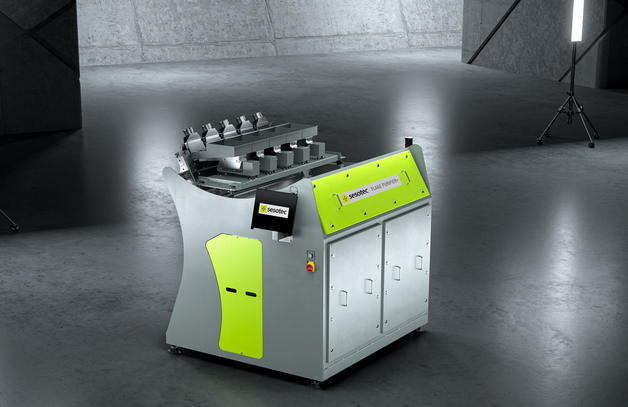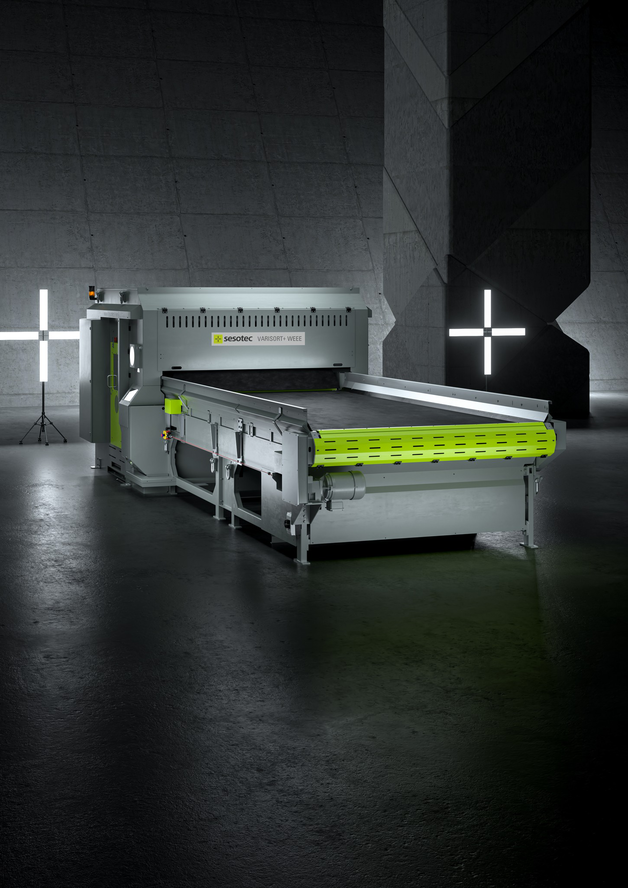Croatia's accession to the European Union has given a significant boost to the topic of recycling, among other things. Since then, the aim has been to implement the EU's waste directives and current goals, and above all to advance the circular economy at the national level. With the EU goal of recycling more than 65 percent of municipal waste by 2035, the path to a sustainable circular economy is paved.
The challenge: Manufacturers of plastic packaging as an active part of the circular economy
An example from the field of plastic packaging shows that distributors and manufacturers of such packaging in particular feel obliged to contribute to the circular economy and thus to environmental and resource protection. The goal is to use recycled PET material in the production of PET beverage packaging and to continuously increase its proportion. When using PET recyclate, purity is the decisive factor. Only pure and high-quality recyclate can be reused for a wide range of new products and especially for beverage packaging.
The solution: rPET granulate in the highest quality for use in the food sector.
The Austrian beverage manufacturer Steinrieser and the newly established Austrian-Croatian trading company for beverage production KIS pica d.o.o. have joined forces and set up a PET recycling plant in the Donja Dubrava region of Croatia to reprocess discarded plastic bottles. The PET recycling facility REKIS d.o.o produces up to 18,000 tons of high-quality rPET granulate annually, which is then used again for the production of beverage bottles.
In Croatia, plastic bottles are collected through the existing deposit system, as well as through municipal collection points. Additionally, REKIS sources collected plastic bottles from Austria, Slovenia, Slovakia, and the Czech Republic. The material is delivered in pressed bales, separated, and forwarded through an eddy current separator for the separation of aluminum cans. To obtain pure PET material from the processed plastic bottles for use in the food sector, a multi-stage sorting process follows.
At REKIS, multisensor sorting systems from Sesotec are used to reliably separate plastic bottles and, in the next step, plastic flakes by type. This is the prerequisite for obtaining high-quality rPET granulate.
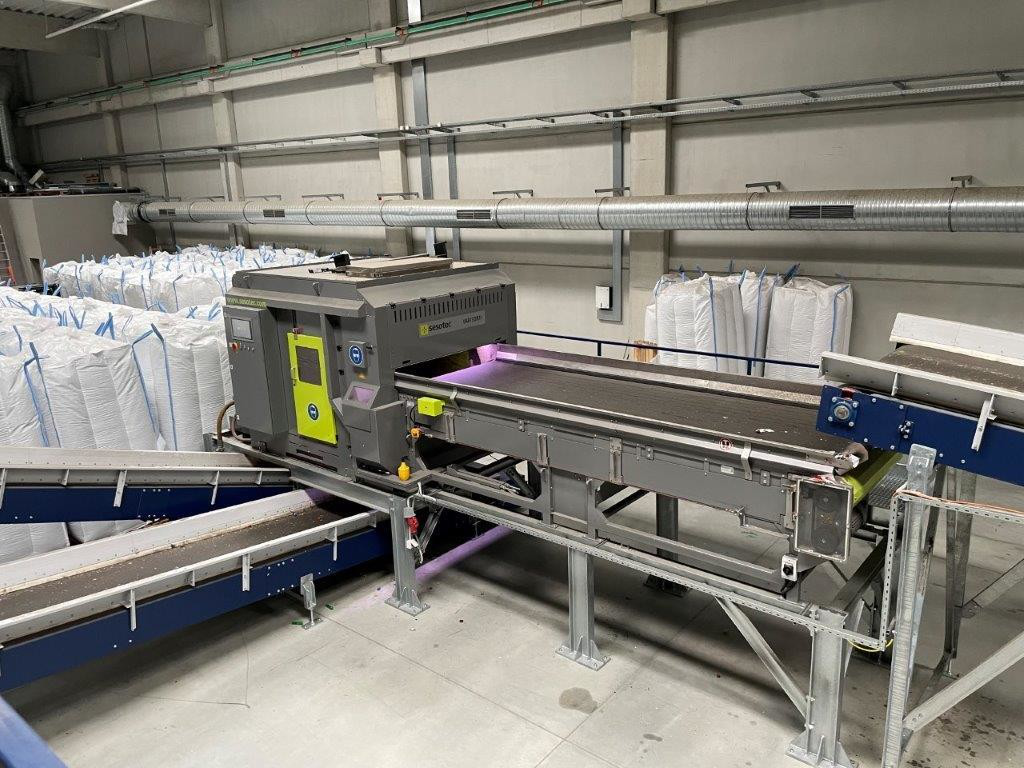.jpg)
PRESORTING with Multisensor Sorting Systems VARISORT+
In the first step, the bottles pass through the multisensor sorting system VARISORT+. A positive sorting of clear PET takes place: PET plastic bottles and clear plastic bottles are specifically sorted out. These proceed to the next sorting stage. Undesirable plastic bottles are actively suppressed and end up with all other materials in the re-sorting stage. The advantage of this sorting process is that the target fraction is positively identified and collected. All other materials, such as stones, are sorted out and no longer disrupt the further process.
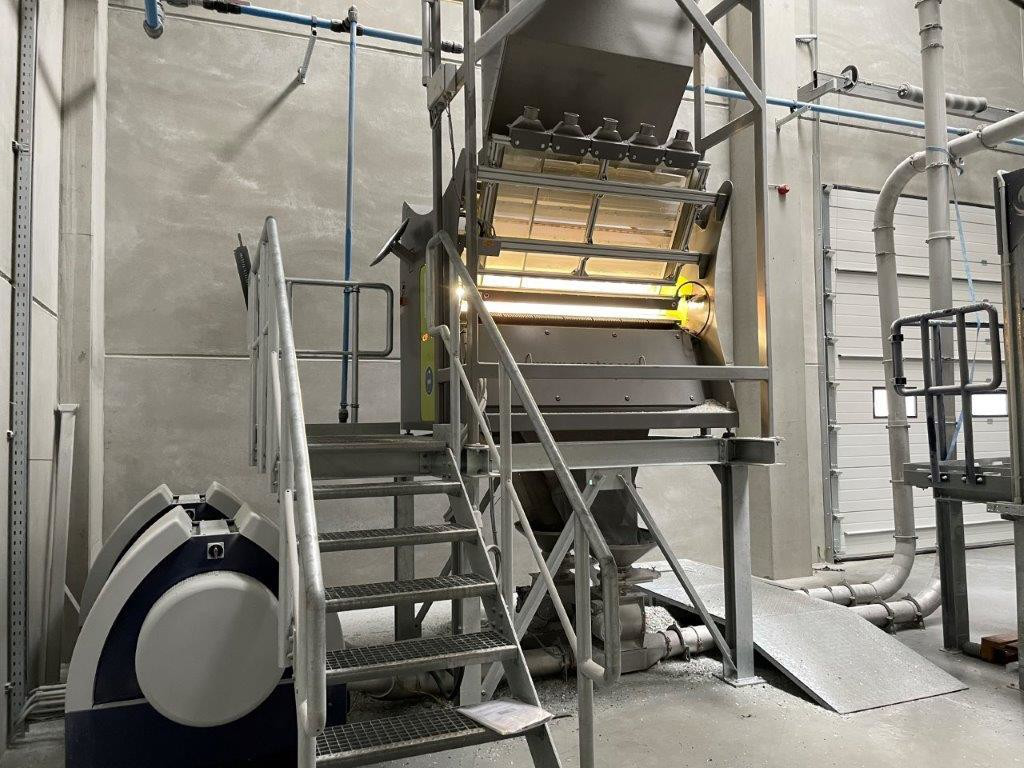.jpg)
QUALITY SORTING of the positively sorted bottles
In quality sorting, the material is inspected for foreign substances to remove them from the material stream and ensure the required purity. Unwanted polymers (e.g., PVC, PE/PP) as well as colored PET, bottles with labels, or metals are reliably detected and ejected. The VARISORT sorting systems are equipped with Sesotec FLASH technology. This allows for the detection of bottles with special colors (silver, opaque, TiO2-colored) as well as bottles with very low color saturation. This leads to a significant improvement in the amount of good material and an increase in safety.
The remaining, non-pure material from the two sorting systems is fed into another multisensor sorting system VARISORT+ CMN, where it is positively sorted for clear PET again. What remains is a mixture of colored PET bottles and other waste. Finally, a manual quality control is carried out, as well as the use of a metal detection bridge that identifies metals before the material enters the cutting mill.
In the next step, the sorted material is shredded into so-called flakes. Washing and cleaning processes follow. The fine sorting of the PET flakes resulting from the shredding is handled by the multisensor sorting system FLAKE PURIFIER+ CMN. Metals, incorrect colors, and unwanted polymer types are reliably detected and ejected. To minimize the loss of good material, a re-sorting of the material ejected in the first pass is carried out via a resort track.
The customer benefit: High-quality, color and type pure rPET.
REKIS Operations Manager Filip Hozjan: "The Sesotec multi-sensor sorting systems are the heart of our facility. Only reliable and, above all, precise sorting allows us to obtain high-quality, color and type-pure rPET, which can be further processed into food-grade rPET granulate. These high-purity flakes serve beverage manufacturers as a starting material for the production of new bottles. The cycle is complete."
Download this case study as a document.

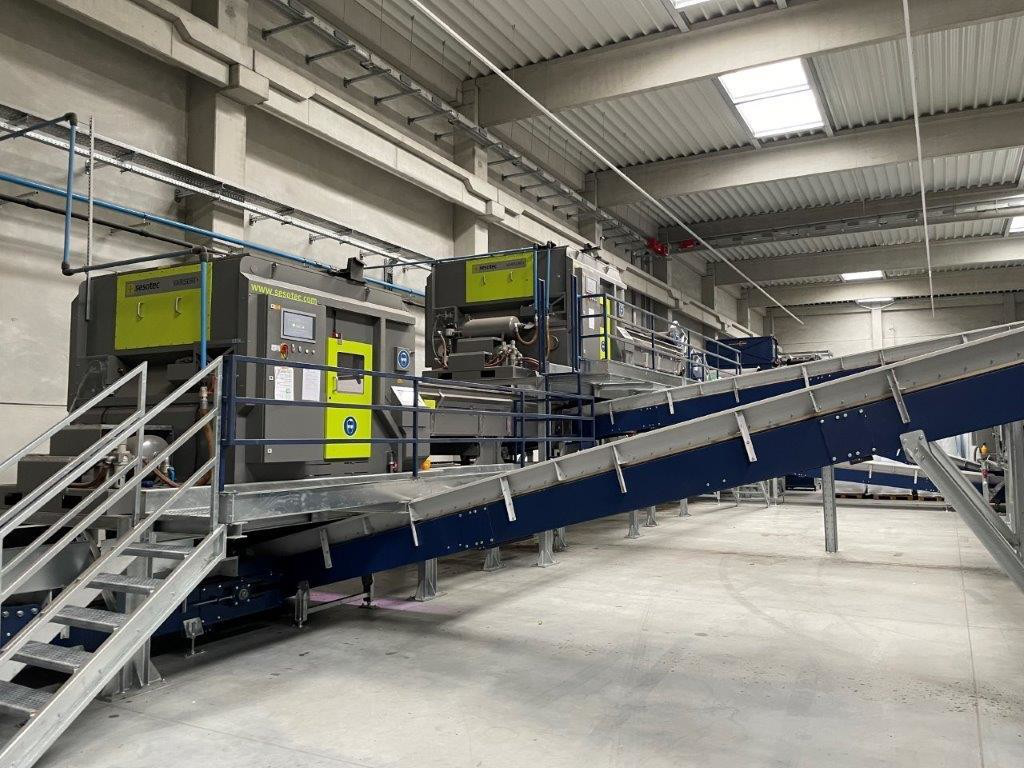.jpg)
